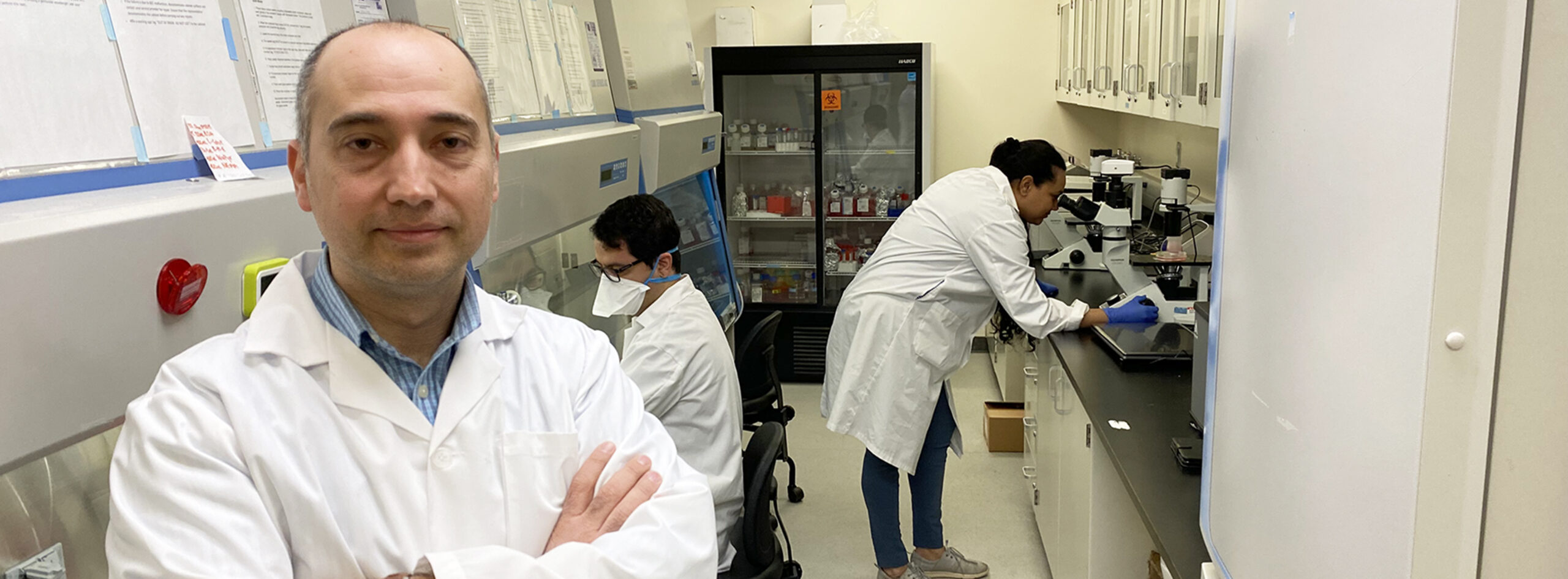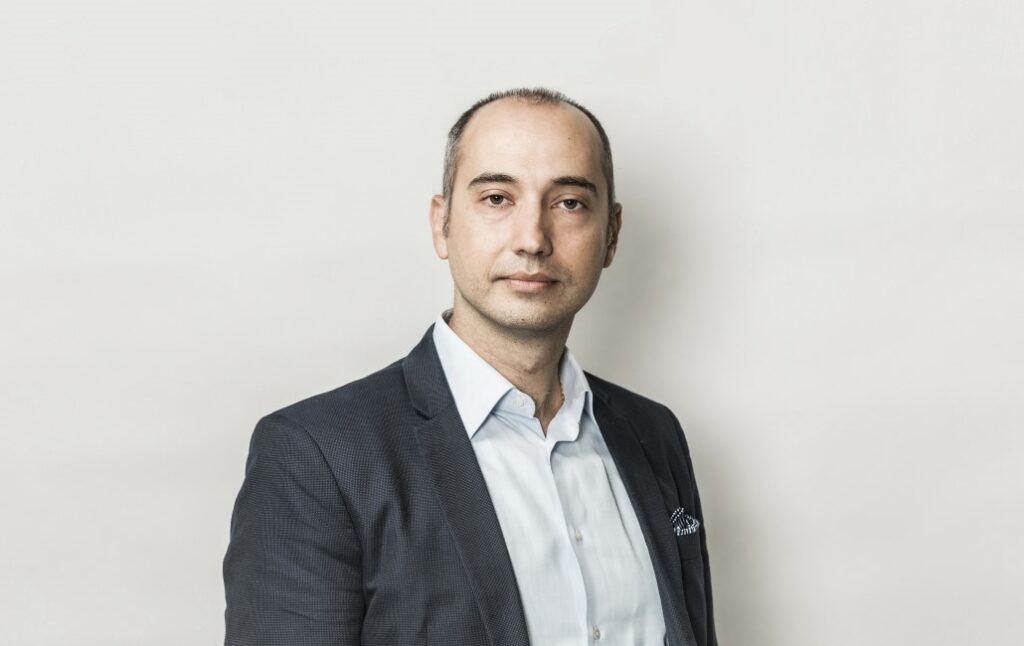
Terry Sachlos, an assistant professor at the Lassonde School of Engineering, is the first principal investigator at the school to receive a grant from the Canadian Institutes of Health Research (CIHR).
Sachlos, a member of the Mechanical Engineering Department at Lassonde, has received a $730,575 project grant from CIHR to support his bone marrow transplant research, and opening the door to the further growth of biomedical research at the school.

His project, titled “Tissue Engineering of 3D bone marrow niche for hematopoietic stem cells vs acute myeloid leukemia stem cell molecular target and therapeutics discovery,” will focus on developing safer bone marrow transplants for patients with leukemia and multiple myeloma. Though bone marrow transplants are a common treatment method, at this time, approximately 10 per cent of patients do not survive these procedures – indicating a need for safer options.
Bone marrow transplants involve the introduction of stem cells into a patient’s body. These cells have the ability to transform into different kinds of healthy blood cells which are used to replace a patient’s unhealthy cells, ultimately treating the disease. The more stem cells are introduced into a patient, the safer the procedure. Sachlos intends to grow more by using patient samples to better understand stem cells through the process of engineering microenvironments that will support their growth and experimental procedures. Sachlos is also working to extend the application of this research to treat patients with autoimmune disorders, such as multiple sclerosis.
Sachlos’s project will see him collaborating with a multidisciplinary team that includes John Dick and Dr. Mark Minden from the Princess Margaret Cancer Centre – part of the University Health Network – as well as Professor Jörg Grigull from the Mathematics and Statistics Department at York University. The goal of this research is to make a positive impact across health care by providing safer and more effective treatment options.
“We want to understand how the science works and apply it in a clinically relevant way that will benefit patients,” says Sachlos.
